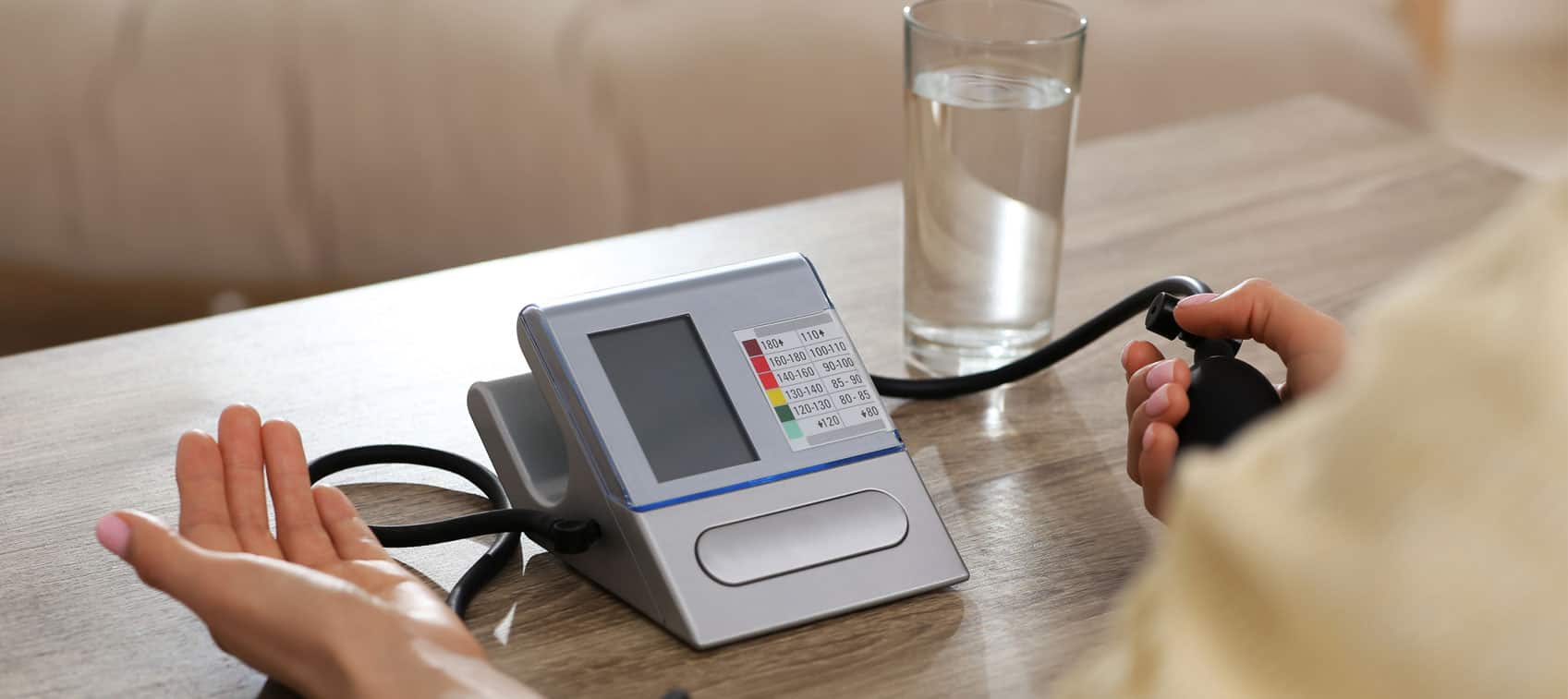
Know How Drinking Water Can Help You Reduce Your BP Levels
Warning: Attempt to read property "roles" on bool in /home/openinfocompany/public_html/wp-content/plugins/wp-user-frontend/wpuf-functions.php on line 4663
One of the most widespread health problems in the world is high blood pressure, sometimes known as hypertension. Simple lifestyle modifications are frequently advised to prevent it or lower dangerously high blood pressure levels. Due to the easily overlooked signs, the same is referred to as a silent killer. Eye, brain, and kidney-related health concerns can result from it if ignored and prevented.
Some of the modifications suggested include cutting down on smoking and alcohol use, increasing physical exercise, avoiding junk food, cutting back on salty or sodium-rich foods, and boosting the intake of fruits, vegetables, and potassium-rich foods. Drinking enough water is one method for bringing BP to acceptable levels.
As per many experts, if you drink a satisfying amount of water daily, then you will be able to control your hypertension clearly. Among other things, maintaining sufficient hydration and drinking water helps lower your blood pressure. The heart is thought to be more effective at pumping blood throughout the body when the body is well-hydrated. No substantial danger is associated with drinking water, but additional research is needed. Contrarily, it offers a number of advantages.
The study that was published in the Journal of the American Heart Association discovered, consuming water that is high in calcium and magnesium can help reduce blood pressure. Salinated water drinkers and freshwater drinkers were compared in the study. Although it is well known that sodium causes blood pressure to rise quickly, study participants who drank salinated water displayed reduced blood pressure. As it turns out, the alteration wasn’t caused by the sodium but rather by the calcium and magnesium minerals found in water.
The average systolic blood pressure of those who drank mildly salted water was 1.55 mmHg lower than that of those who drank freshwater. Blood pressure during diastole was 1.26 mmHg lower on average. Numerous additional research, in addition to this one, has demonstrated that both calcium and magnesium can aid in lowering blood pressure to safe ranges.
However, do not just rely on drinking water, if you truly want to reduce your hypertension, then you have to cleverly care for your diet. Not only consuming sufficient water but also including food items such as bananas, beetroot, dark chocolate, watermelon, oats, avocado, leafy greens, garlic, fermented foods, beans, lentils, legumes, nuts, and seeds would also be beneficial for your BP problem. Every high blood-pressure patient should be friends with these food items and consume them daily.
Additionally, be sure to engage in any type of physical activity. If you are obese, decreasing weight is one of the best strategies to control your blood pressure.


